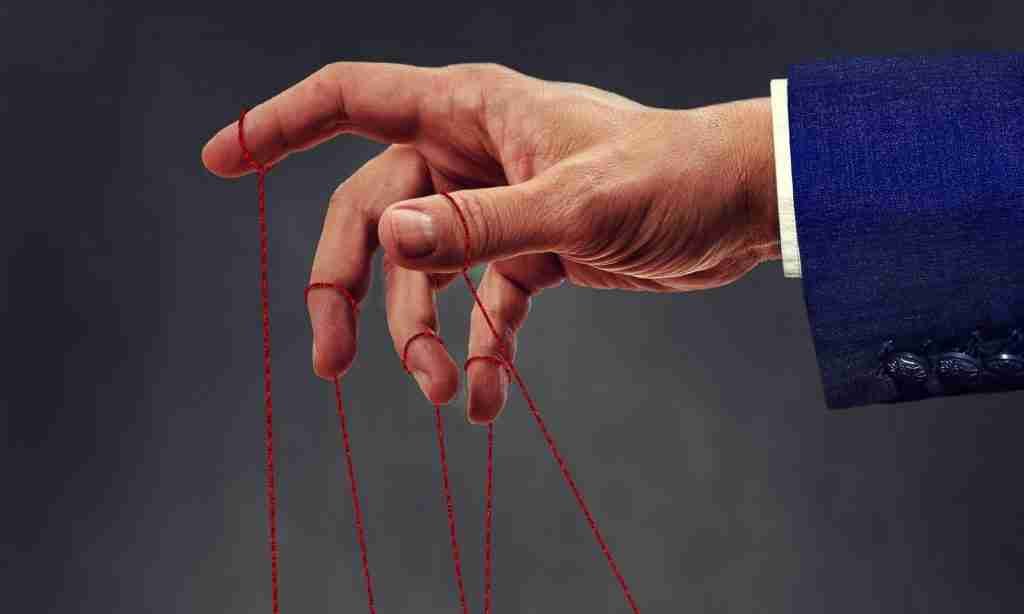Destiny is a concept that has intrigued humans for centuries. It’s a term that encapsulates the idea that a set of predetermined events will necessarily happen to a particular person or thing in the future. The notion of destiny is deeply rooted in various cultures and philosophies, often intertwined with the belief in a hidden power that controls the future.
The etymology of the word ‘destiny’ traces back to Middle English, derived from Old French ‘destinee,’ and from the Latin ‘destinata,’ which means ‘make firm, establish’. This linguistic background reflects the sense of certainty and inevitability associated with destiny.
Philosophically, destiny can be viewed from different perspectives. Some see it as a force that cannot be influenced by human actions, while others believe that individuals can shape their own destinies through their choices and actions. The debate between determinism and free will is central to the discussion of destiny. Determinism suggests that every event, including human cognition and behavior, is causally determined by an unbroken chain of prior occurrences. In contrast, the concept of free will implies that individuals have the power to choose their paths independently of past events.
The idea of destiny also plays a significant role in literature and storytelling, where characters are often faced with the challenge of accepting or fighting against their fated paths. In many narratives, destiny is a powerful plot device that adds depth and complexity to the characters’ journeys.
In modern times, the concept of destiny still holds sway in many aspects of life. People often refer to destiny when discussing life-changing events or when contemplating the future. It’s a concept that provides comfort to some, as it offers a sense of order and purpose in an otherwise chaotic world.
However, the belief in destiny also raises important questions about responsibility and morality. If our lives are predestined, to what extent are we accountable for our actions? This question challenges the very foundations of ethical philosophy and legal systems, which are predicated on the assumption of free will and personal responsibility.
In conclusion, destiny is a multifaceted concept that continues to inspire philosophical inquiry, artistic expression, and personal reflection. Whether viewed as a predetermined path or a series of events influenced by individual agency, the exploration of destiny encourages a deeper understanding of the human experience and the mysteries of the universe.
Free Will
The question of free will is one of the most profound and enduring in human thought, touching upon philosophy, religion, psychology, and law. It’s a concept that has been debated for centuries and continues to captivate our collective imagination.
At its core, free will is the idea that we, as individuals, have the power to make choices that are not predetermined by past events or natural laws. This notion is central to our understanding of personal responsibility and moral accountability. If our actions are not our own, can we truly be held accountable for them?
The philosophical debate on free will generally orbits around two major schools of thought: determinism and libertarianism. Determinism posits that every event is the inevitable result of preceding events and conditions, suggesting that our choices are merely illusions. On the other hand, libertarianism argues that free will is an inherent aspect of human consciousness, allowing us to act independently of deterministic forces.
Compatibilism offers a middle ground, suggesting that free will can coexist with determinism. Compatibilists argue that freedom is not about the absence of causation but about acting in accordance with one’s desires and motivations, which can be shaped by, but not wholly determined by, past events.
The implications of these philosophical positions extend far beyond abstract thought. They influence our legal systems, where the concept of free will underpins the very notion of justice. They affect our personal relationships, as we navigate the balance between understanding the influences on someone’s behavior and holding them accountable for their actions. They even impact our self-perception, as we grapple with the extent to which we control our destinies.
Read More
In the modern era, the debate has been further complicated by advances in neuroscience and psychology. Some studies suggest that our decisions are made in our subconscious before we become aware of them, challenging the traditional view of conscious decision-making. Yet, this does not necessarily negate free will; it may simply push us to refine our understanding of how it operates.
The conversation about free will is far from over. It remains a vibrant and critical discourse that challenges us to consider the deepest aspects of what it means to be human. As we continue to explore the mysteries of the mind and the universe, our perspectives on free will may evolve, but the fundamental questions it raises will undoubtedly persist.
In conclusion, whether we lean towards determinism, libertarianism, or compatibilism, the exploration of free will encourages us to reflect on our nature, our society, and the very essence of human agency. It’s a journey that each of us can embark upon, adding our voice to the age-old debate that shapes our understanding of human freedom.
Personal Responsibility
Personal responsibility is a cornerstone of mature behavior and ethical conduct in society. It is the acknowledgment and acceptance that one’s actions, decisions, and behaviors have consequences, and the individual is accountable for them. This concept is deeply ingrained in various aspects of life, from personal growth to professional development, and even in the broader societal context.
At its core, personal responsibility involves recognizing that we are the primary agents of our lives. It means understanding that while external circumstances may influence us, our responses to those circumstances are within our control. This recognition empowers individuals to take charge of their actions and their outcomes, leading to a more proactive and purposeful approach to life.
One of the key aspects of personal responsibility is the ability to communicate effectively. Clear communication is essential for setting expectations, expressing needs, and understanding the needs of others. It also plays a crucial role in establishing boundaries, which are necessary for maintaining healthy relationships and ensuring that one does not overcommit or underdeliver.
Creating and adhering to boundaries is another critical element of personal responsibility. It involves understanding one’s limits and capabilities and being honest about them with oneself and others. This honesty fosters trust and reliability, which are vital for building strong personal and professional relationships.
Humility is also an integral part of personal responsibility. It allows individuals to acknowledge their mistakes, learn from them, and move forward without ego getting in the way. A humble approach to life encourages continuous learning and growth, as it opens up the possibility to receive feedback and make necessary adjustments.
Impulse control is another aspect that cannot be overlooked. The ability to resist immediate gratification in favor of long-term benefits is a sign of personal responsibility. It demonstrates foresight and the capacity to prioritize what truly matters, which is essential for achieving goals and maintaining a sense of direction in life.
Personal responsibility also extends to one’s feelings and emotions. It involves recognizing that while we cannot always control what we feel, we can control how we respond to those feelings. This emotional intelligence is crucial for personal well-being and for fostering positive interactions with others.
In the professional realm, personal responsibility translates into taking ownership of one’s work, being accountable for the results, and striving for excellence. It means being a reliable team member who contributes positively to the collective goals and success of the organization.
The societal implications of personal responsibility are vast. It underpins the social contract, the unspoken agreement that individuals will behave in ways that uphold the well-being of the community. When people act responsibly, they contribute to a stable and functioning society where trust and cooperation can flourish.
In conclusion, personal responsibility is a multifaceted concept that affects every area of our lives. It is about making conscious choices, being accountable for those choices, and understanding the ripple effects they create. By embracing personal responsibility, individuals can lead more fulfilling lives, build stronger relationships, and contribute to a healthier society.
“I have noticed that even those who assert that everything is predestined and that we can change nothing about it still look both ways before they cross the street.”
– Stephen Hawking
Destiny lies at the intersection of free will and personal responsibility, where our choices shape our path.
What’s More
The posts in My Blog feature reflective, story-driven pieces rooted in personal and societal insights.
The topics in My Interests explore abstract, philosophical ideas and their cultural and societal impact.
👁️ 9,408 Views


















